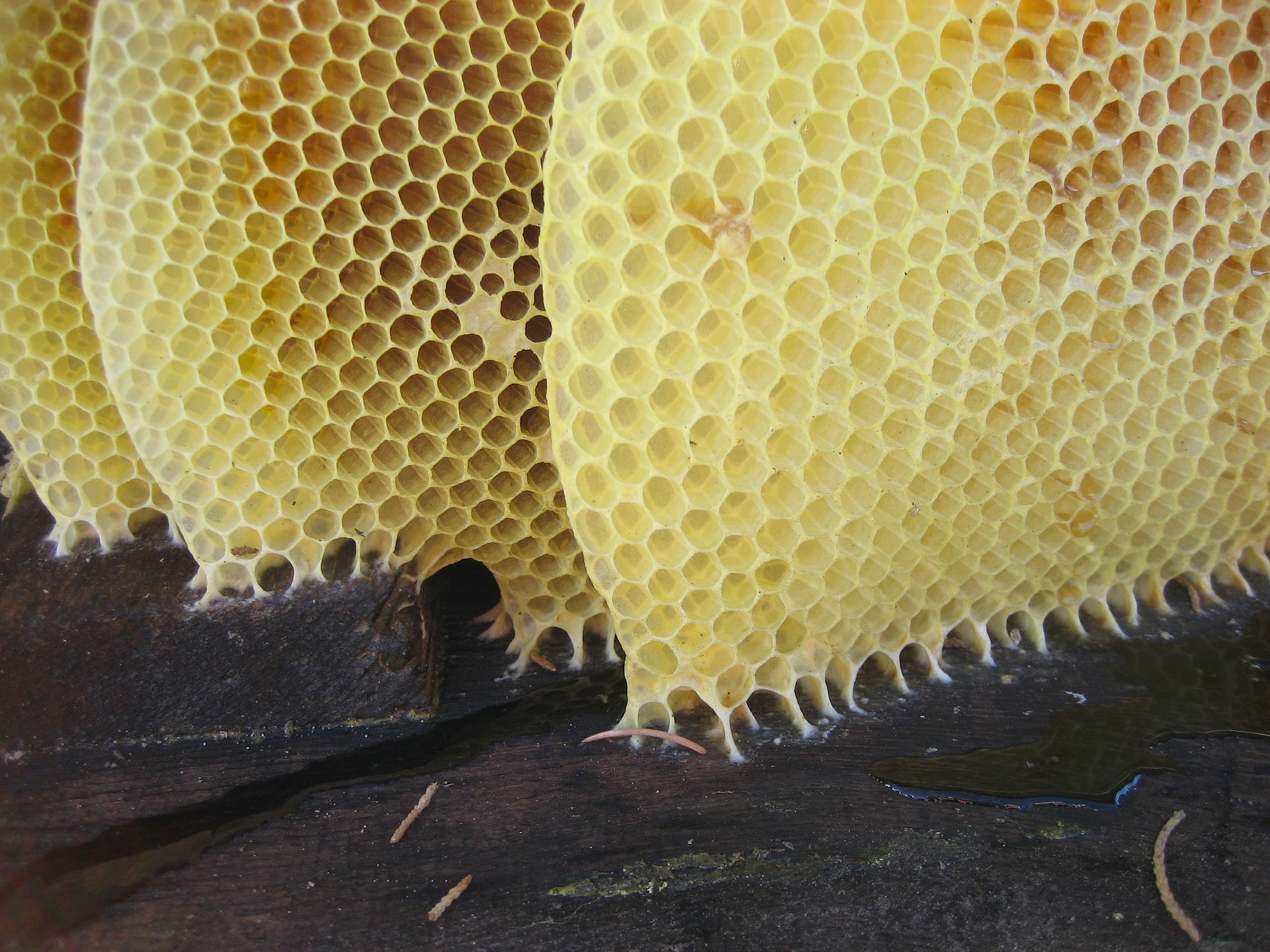Coconut oil as a skin care product is probably one of those oils you have heard about and maybe used. For my part, I was told to use it on my newborn daughter exclusively to treat nappy rash. It didn’t work as promised but coconut oil still remains one of the most affordable and available oils for skin care.
Coconut oil is used in soaps as well as face creams and body butters. I am highlighting the latter here although I also love the oil as part of my soap recipes. Cooking and baking with coconut oil is a topic for another post.
Texture
When working with coconut oil, the most prominent characteristic is that the oil has a melting point of 24°C. This low temperature means that coconut oil can add thickness to any product if the product is kept in a cool spot. At anything above 24°C the oil will act like any other liquid oil. This property can be beneficial and it is certainly something to keep in mind.
Aside from the low melting point, coconut oil is a very light oil on the skin and great for normal skin. It spreads easily and absorbs quickly. In a solid state, coconut oil is pale white and can appear flaky; melted the oil is almost transparent and can appear watery. Unrefined and extra virgin coconut oil has a faint smell of coconuts.
Properties
Coconut oil is said to offer some UV protection in skin care products. This is great, especially when it is combined with shea butter and even zinc oxide. As I have highlighted elsewhere, however, this protection is enough for an everyday face cream but cannot replace sunblock.
Coconut oil can also act against bacteria and even some fungi when applied to the skin. Utilising this in skin care properties can result in some fantastic creams. For example, I use it as a deodorant ingredient.
Further, due to its moisturising properties, coconut oil can also help with easing wrinkles, skin irritations, and small wounds.
Grades
Before I get to the different grades of coconut oil, a word on its production. There are two different ways of extracting coconut oil from the meat: wet or dry. The dry process refers to the state of the meat as being dried and then pressed or dissolved to extract the oil. A wet production means that coconut meat is mixed with water to create an emulsion and then broken up to recover the oil. However, the wet process produces less oil and is energy intensive while the dry process can result in a loss of beneficial properties in the oil.
For skin care products, I recommend two grades of coconut oil: unrefined or (extra) virgin. There is also a grade of refined oil but since the oil is heated, bleached and deodorised most beneficial properties are lost. Both grades, unrefined and (extra) virgin, are generally available in supermarkets and in health food stores.
Liquid (or fractionated) coconut oil is a version of the oil which stays liquid at all temperatures. This property can be useful when using the oil as a massage oil. For skincare products, however, I would advise against using the liquid oil. The oil has been treated several times and it is more expensive. I always try to stay as natural as possible.
Coconut oil has a long shelf life. Depending on the storage (i.e. cool and dark), coconut oil can last up to years.
Usage
As mentioned above, coconut oil can be used in a variety of ways, from soap to deodorant and even toothpaste. For skin care products, there is no limitation of its use. The oil can even be used on its own, without any additional butters or oils. Personally, I have found though that coconut oil leaves my skin slightly flaky. But, as with all natural ingredients, this is a personal experience and does not the reflect the general perception of the oil.
Coconut oil is a great oil for skin care because it is available and affordable. If you are just starting your homemade skin care journey, coconut oil is definitely a good starter. It tolerates heat, blends easily, and is relatively odour-neutral.




